BBC cuts 450 jobs: English regional TV, radio and online output to be affected
The BBC has announced plans to cut 450 jobs, drastically depleting its repertoire of English regional TV news and current affairs, local radio and online news programmes.
Of the 20 presenters involved in regional TV bulletins, broadcast at 6:30 pm, seven will have to go. Some local radio shows are also to be terminated.
Inside Out, which covered 11 regions, is to be replaced by a new investigative journalism programme, which will only have six regional editions.
The new TV show will feature a single 30-minute investigation per episode, and will be made in London, Newcastle, Leeds, Birmingham, Bristol and Norwich.
Weekly current affairs programmes, therefore, will no longer be made in Plymouth, Southampton, Tunbridge Wells, Nottingham and Salford.
This move, which is expected to save £25m by 2022, comes on the heels of reports of job losses in Scotland, Wales and Northern Ireland.
Regional TV and online news teams will be merged, and an online editorial hub in Birmingham shall cease to be.
In the 39 local radio stations the "simplified" schedule, which was introduced in March as a result of the pandemic, will be made permanent.
The stations frequently had different programme schedules in the past, but each will now have three daytime shows with one presenter. Any shows with two hosts will retain one.
The 11 regional Sunday morning political programmes, which were replaced during the coronavirus pandemic by a single show, will all return but will undergo a "creative review".
Regional morning news bulletins, which were cut during the pandemic, will also return.
The BBC has previously said it must save £125m this year because of financial constraints arising from the coronavirus pandemic.
More than 150 roles are due to be lost in Scotland, Wales and Northern Ireland, the corporation announced in June.
The proposed cuts are in addition to the 450 redundancies previously announced - and subsequently put on hold - by BBC News.
Helen Thomas, the Director of BBC England, said the corporation's local and regional services were created more than 50 years ago, and "have changed very little and need significant reinvention".
She said: "That has meant taking some difficult decisions.
"We are in the age of the Facebook community group and the WhatsApp neighbourhood chat. We must adapt to better reflect how people live their lives, how they get their news and what content they want.
"We're going to modernise our offer to audiences in England by making digital a central part of everything we do. We'll take forward lessons from Covid-19 that will make us more agile and more in touch with communities while also ensuring we're as efficient as we can be.
"I'm confident we can evolve our local and regional services while improving our impact and better serving our audiences."
These cuts shall, undoubtedly, have a negative impact on the coverage of items of regional value as well as how the corporation is viewed by its target audience.
Michelle Stanistreet, general secretary of the National Union of Journalists, said: "These are huge cuts which will inevitably have an impact on the BBC's ability to sustain the breadth and depth of news coverage throughout England which truly reflects the diversity of the nation."
Labour's shadow minister for media, Chris Matheson, said: "While not unexpected, these cuts are still very damaging and unwelcome."
The comes two weeks after dozens of broadcasters from Stephen Fry to Sir Lenny Henry signed a letter asking the BBC not to cut its English regional current affairs programmes.
"Never has in-depth investigative journalism, holding people to account and reflecting the regional diversity of England been more important," it said.
VIDEO | Vietnam current prosperity
Report blames gasoil exports for shortage at Iranian power plants
VIDEO | Hind Rajab Foundation names Israeli war criminals vacationing after Gaza genocide
VIDEO | Australians rally for Gaza ahead of Christmas festivities
VIDEO | Attacks on Sana'a
Iran reports further drop in annual inflation rate in December
Israel indicts two settlers over suspected spying for Hezbollah
Iran: US airstrikes on Yemen war crimes, violation of international law


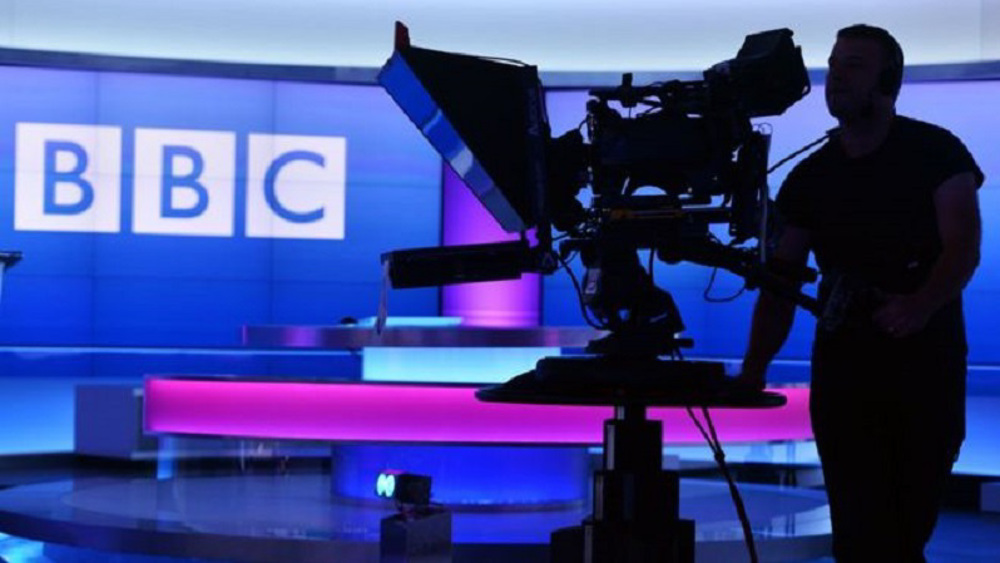








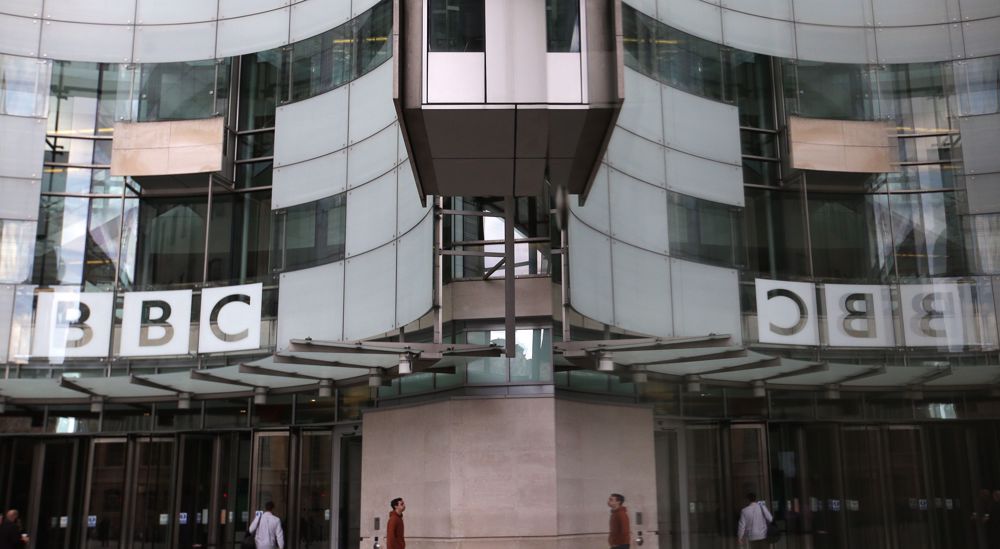
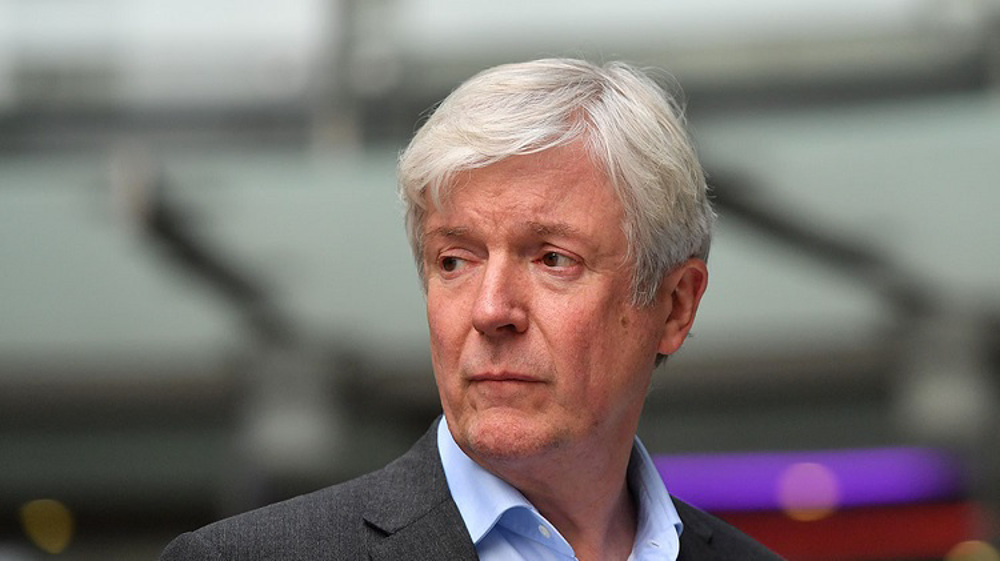
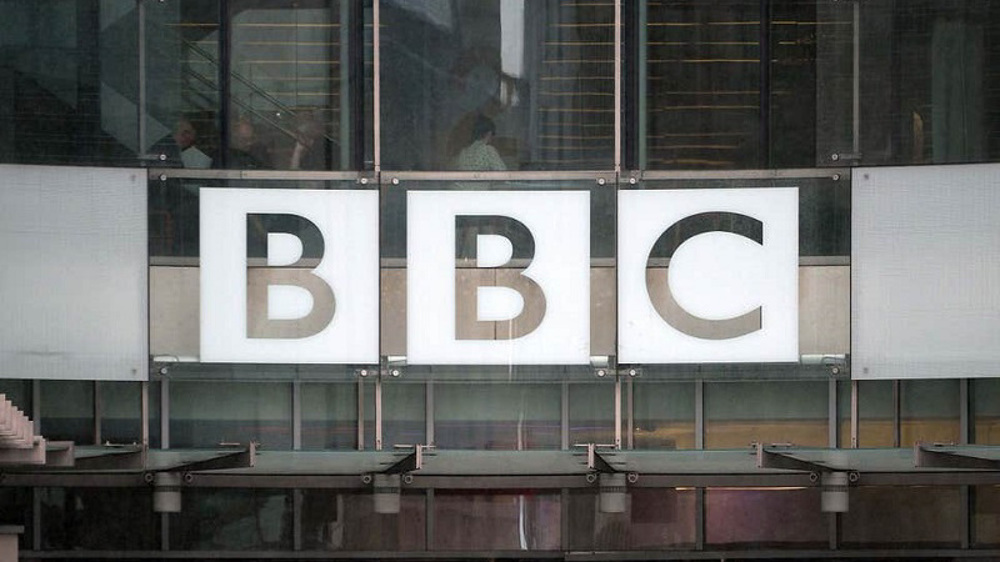
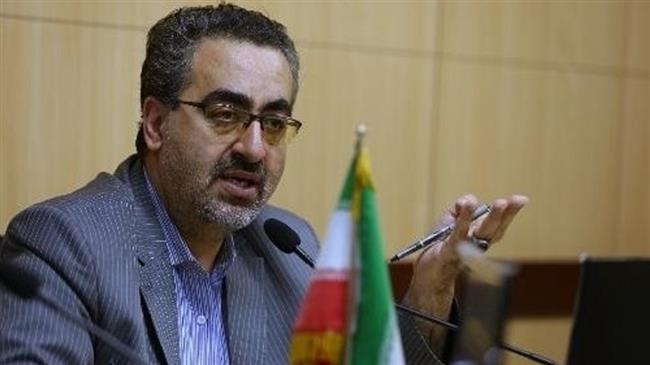
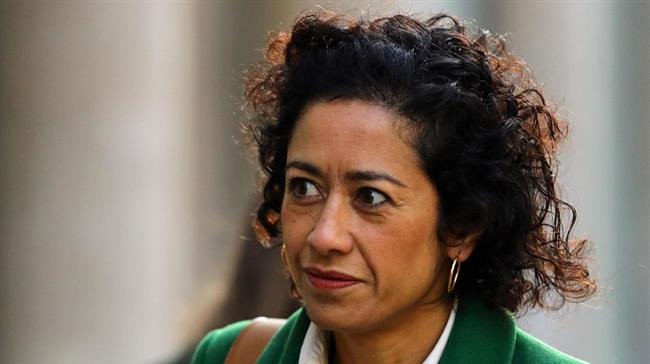
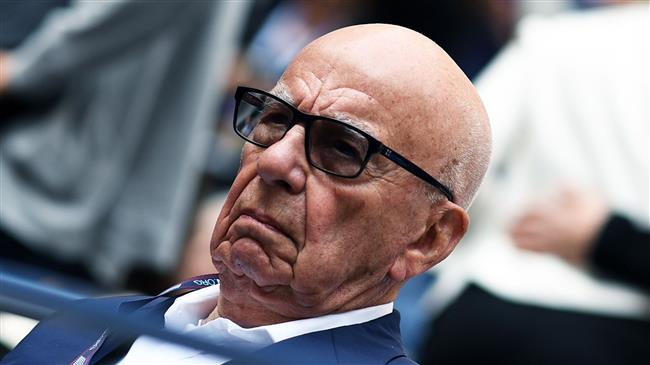
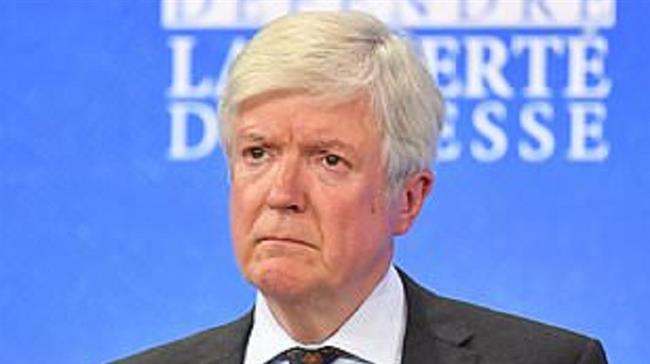
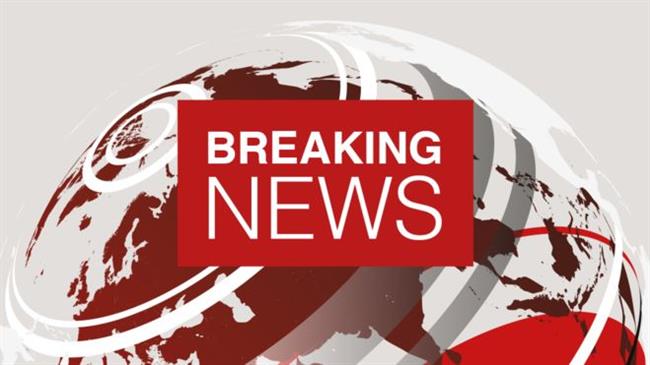

 This makes it easy to access the Press TV website
This makes it easy to access the Press TV website